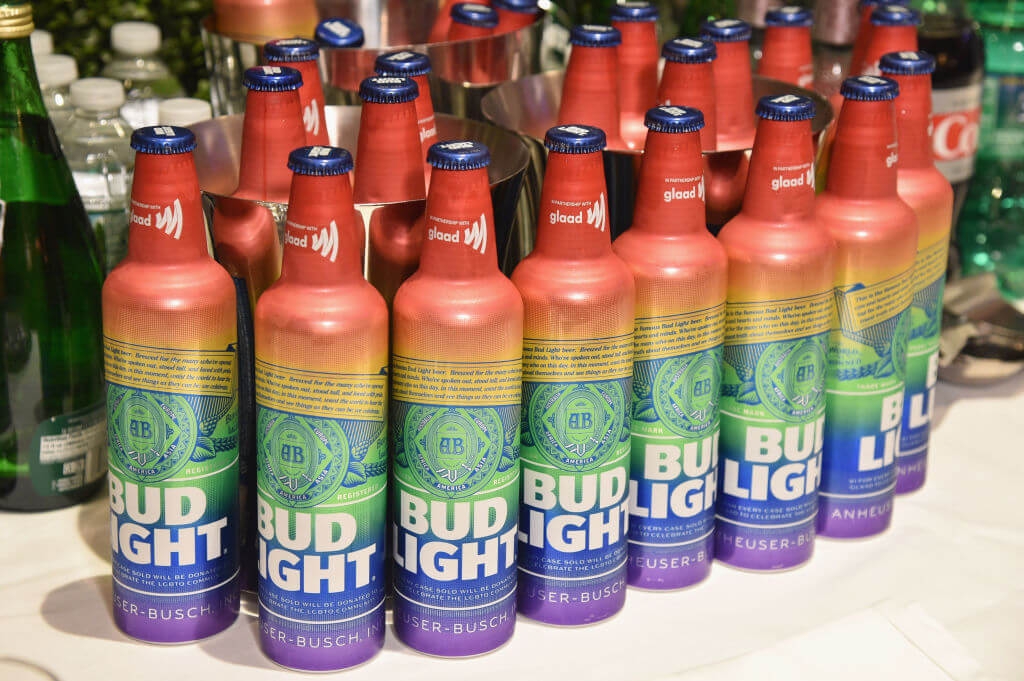What Brands Can Learn From Shein’s Fall

Sign up to get the latest global brand, media and marketing news and analysis delivered to your inbox every morning.
Discount e-commerce retailer Shein was founded in China in 2012 but only rose to prominence in the United States in the past couple of years, particularly among young women, riding simultaneous waves of pandemic-fueled interest in online shopping and inflation-fueled interest in low prices.
The brand’s stateside growth is also inextricably linked to the rise of TikTok, where posting #sheinhaul videos — in which users try on massive piles of Shein’s super-cheap clothes — has helped garner 11 billion views. Shein is also the most frequently mentioned brand on the short-video platform.
But despite its success, the brand is no stranger to scandal. Shein has been linked with a wide range of labor malpractices, and in an attempt to refute such accusations ahead of a possible initial public offering in the United States, the company sent a group of American fashion and beauty influencers on an all-expenses-paid trip to visit its facilities in Guangzhou, a megacity in southeastern China.
The influencers proceeded to post ample content from their tours, praising Shein’s clean factories, standard working hours and seemingly happy employees. But instead of winning consumers’ good graces, this sponsored content sparked a full-on social media firestorm, with users calling the trip tone deaf and disingenuous.
The situation underpins the fragility of the influencer marketing ecosystem and, more broadly, how social media is an increasingly fraught way to reach consumers. As the number of platforms and modes of content continues to grow, so too does the ease with which consumers can criticize brands and the influencers that leverage them. A large part of success on social media is about letting go of traditional brand “voice” and embracing user-generated content. While this presents the potential for achieving virality in a way that sells out products, it also opens the door for backlash and the quick erosion of consumer perceptions.
Brands that rely heavily on social media marketing will always be subject to the whims of the internet. Morning Consult Brand Intelligence data shows that brands can recover from one-off viral incidents, but persistent negative buzz presents longer-term challenges. Accordingly, as Shein faces ongoing scrutiny and increased competition, some broader brand reputation cracks are beginning to show.
Shein’s purchase consideration is down year over year among Gen Z adults
Compared with June of last year, net purchasing consideration among Gen Z adults, Shein’s core audience, is down 10 points. The share of Gen Z adults who said they are considering making a purchase from Shein also largely trended downward over the last year, falling from 49% in June 2022 to 42% in June 2023.
Shein’s Purchase Consideration Is Slipping With Gen Z but Gaining With Millennials
A decline in purchase consideration among a historically reliable customer group is not positive news for Shein’s already razor-thin margins, especially as it eyes a U.S. IPO. The online retailer’s recent funding round valued the company at $66 billion, a steep decline from its $100 billion valuation just a year earlier.
Previous Morning Consult research found that Gen Z is the generation most open to trying new brands, especially in the apparel category, meaning it’s fairly easy to grab their attention but much harder to earn their loyalty. Younger consumers’ affinities may be shifting toward Temu, another China-based bargain retailer, which launched less than a year ago and surpassed Shein in U.S. sales by 20% in the month of May.
Shein’s challenges are most glaring when it comes to consumer favorability
Among Gen Z adults, Shein’s net favorability swung significantly up or down in more than half of the past 12 months. While favorability tends to be a more dynamic measure, this extreme volatility isn’t observed among other retailers popular with young people, including Walmart, Amazon and Target. It’s another indicator that Shein likely can’t expect consistent loyalty from its target consumers.
Gen Z’s Views on Shein Are Volatile
The brand’s net favorability among Gen Z adults now sits at 24, nearly 20 points lower than its June 2022 level (42). Meanwhile, the share of Gen Z adults with an unfavorable opinion of Shein shifted steadily upward over this period, climbing from 21% to 30%.
The next largest year-over-year declines in net favorability were observed among baby boomers (-9 points) and all U.S. adults (-4 points). Millennials, in contrast, saw a 4-point bump between last year and this year (32 to 36). This positive movement, paired with the cohort’s relatively stable purchase consideration, make millennials Shein’s best bet for growth, especially when considering that this generation shops for apparel at a similar frequency to Gen Z.
Shein’s path forward
The challenge for Shein is that it’s now getting skewered on the same app it leveraged to rise to prominence, pointing to a lack of consumer loyalty. A recent Morning Consult analysis found that loyalty toward retailers is consistently driven by two elements: a brand’s ability to make shopping enjoyable and its ability to positively contribute to a customer’s self-esteem.
What we do that’s different: Brand data used in this analysis is available exclusively in Morning Consult Intelligence, an online platform tracking consumer attitudes daily on key indicators for nearly 4,000 brands in 40+ markets.
What Morning Consult Intelligence tracks: Globally, we ask consumers daily about awareness, trust, purchasing behaviors, favorability, net promoter score and buzz. This depth and frequency offers an exclusive, real-time pulse identifying changes in consumer opinion.
With these findings in mind, Shein may ramp up its strategy of employing influencers to highlight trendy products in “haul” videos and outfit posts in order to replicate the organic social media excitement that initially catapulted the brand to popularity.
Some major brands, including United Airlines and Wells Fargo, were able to recover relatively quickly after experiencing backlash over a particular action. But Shein’s associations with poor working conditions, which its influencer trip only exacerbated, may prove harder to shake moving forward. Forced labor is the international issue U.S. adults are most willing to boycott a brand over, according to data from Morning Consult’s Global Corporate Purpose Tracker. Additional Morning Consult research shows that approximately one-third of shoppers will not support brands accused of ethical violations.
Ultimately, brands should view the latest Shein incident as a cautionary tale. Public relations crises are no longer one-off events led by traditional media organizations. They can unfold at any time across every corner of the internet, thanks in large part to savvy Gen Z consumers armed with good editing skills and a sharp sense of humor.
Ellyn Briggs is a brands analyst on the Industry Intelligence team, where she conducts research, authors analyst notes and advises brand and marketing leaders on how to apply insights to make better business decisions. Prior to joining Morning Consult, Ellyn worked as a market researcher and brand strategist in both agency and in-house settings. She graduated from American University with a bachelor’s degree in finance. For speaking opportunities and booking requests, please email [email protected].

